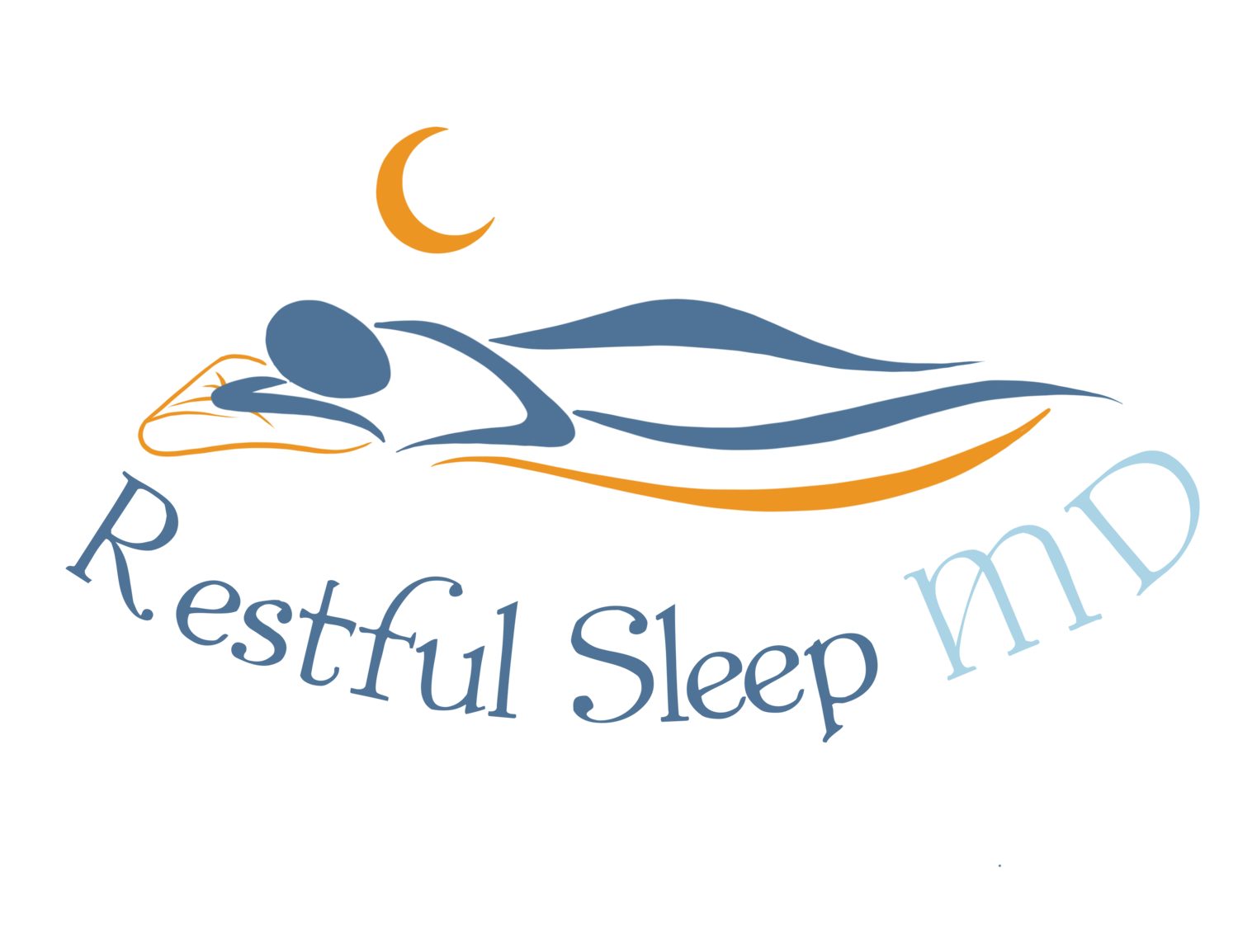Sleep and Fertility: What’s the connection?
Good sleep is essential for our physical, emotional, and mental well-being. While adults require about 7 to 9 hours of sleep every night, 35% of adults in the US sleep less than 7 hours per night, according to the CDC. Studies have shown that sleep disorders affect health, including increased risk of cardiovascular diseases, diabetes, hypertension, anxiety, and depression.
Infertility also presents a challenge to overall well-being. The anticipation of a failed attempt, the stress of complex procedures, and the strain in relationships can cause high stress and anxiety. This same stress and anxiety could cause various sleep issues.
Sleep deprivation also affects the regulation of reproductive hormones, which may make it hard to conceive.
What are the benefits of restful sleep?
Rather than a luxury, sleep is a biological necessity that is critical to life. Many scientists have studied its role in physical and mental health with the ultimate conclusion that it impacts every aspect of our lives.
More restful sleep can lead to more healing and recovery in our bodies. This can lead to improved energy levels, memory, creativity, and problem-solving. Because sleep is essential for the brain to grow, reorganize, restructure, and make new neural connections, updating these connections during sleep helps us learn further information and improve our memory.
Sleep is also linked to better stress management, increased resilience, and improved mood. Research has shown that emotional memories are processed during sleep, helping you cope with painful experiences. The same goes for how sleep supports the immune system in fighting infections and protecting against certain chronic and life-threatening illnesses.
How does insufficient sleep affect fertility?
Beyond its impact on our general wellness, sleep can affect our ability to conceive by lowering our sex drive due to abnormal regulation of sex hormones. Studies have shown that the same part of the brain that regulates our circadian rhythm also regulates reproductive hormones.
Chronically getting less than 7 hours of sleep lowers testosterone and the hormones that control ovulation, including estrogen and progesterone. In addition, when your body doesn’t get enough sleep, it triggers the production of the stress hormone cortisol, which can also throw off reproductive hormones.
How do we improve our sleep?
Understanding the importance of sleep is one thing. However, ensuring we engage in healthy sleep-promoting behaviors will improve our overall health and fertility journey.
The National Sleep Foundation recommends that adults get 7 to 9 hours every night on average. While this may vary occasionally, aiming for this goal can help improve your sleep and health. As you implement these new habits, focus on setting consistent sleep and wake times. Our circadian rhythm, part of our body's internal clock, carries out essential bodily functions tightly tied to the day and night cycle. Maintaining a consistent sleep and wake schedule helps keep this rhythm in sync. On the other hand, an inconsistent sleep schedule throws off our circadian clock and can lead to several problems.
Choosing to cultivate a nighttime routine intentionally can also help set you up for a better night’s sleep. Make sure to create a routine that is simple and sustainable. Limit these activities to 2 to 3 calming ones, such as a bath or shower, reading, breathing, or stretching exercises. Then, find what works best for you to achieve sound sleep.
Once in bed, aim to keep a cool, dark, and noise-free room. This means also trying to eliminate devices around bedtime and assigning the bed as a space for sleep and sex only. Our brains make associations very rapidly, which can hinder sleep if we don't limit nonsleep-related activities in bed. This includes watching TV, eating, working, or even worrying in bed. Try to do these activities outside of bed and get into bed when sleepy.
Finding a flow for sleep is an individualized process, but it can help your physical and mental health journey. Little fixes like limiting caffeine after lunchtime, since it can last as long as 8 hours before wearing out fully, can make a difference.
While these tips help promote good sleep, several underlying sleep disorders, such as insomnia, obstructive sleep apnea, and restless legs syndrome, can also disrupt sleep. If you have a hard time falling asleep or staying asleep, or if you wake up and feel dissatisfied with your sleep quality despite adopting these healthy sleep habits, speak to your sleep doctor, as this may be a sign you need to see a sleep specialist. A sleep clinic or consultation with a sleep medicine specialist might be necessary to undergo a sleep study or receive targeted treatment to sleep well.
Incorporating these practices can lead to a more restful sleep, ultimately helping you sleep better and maintain your overall well-being.
Interested in additional sleep support? Learn more about Sleep Coaching and our Private Practice The Restful Sleep Place.


